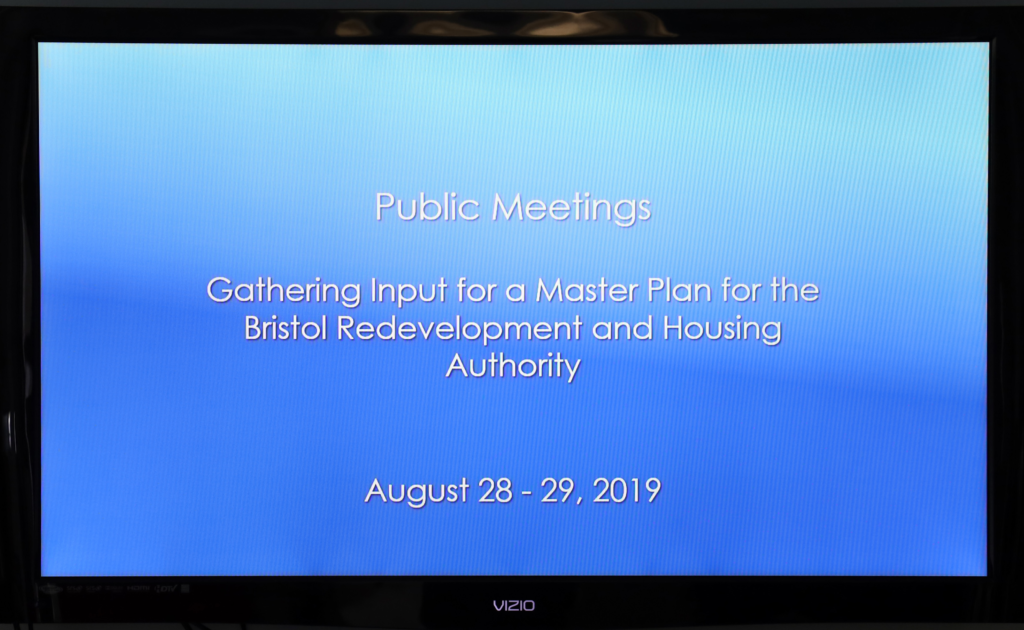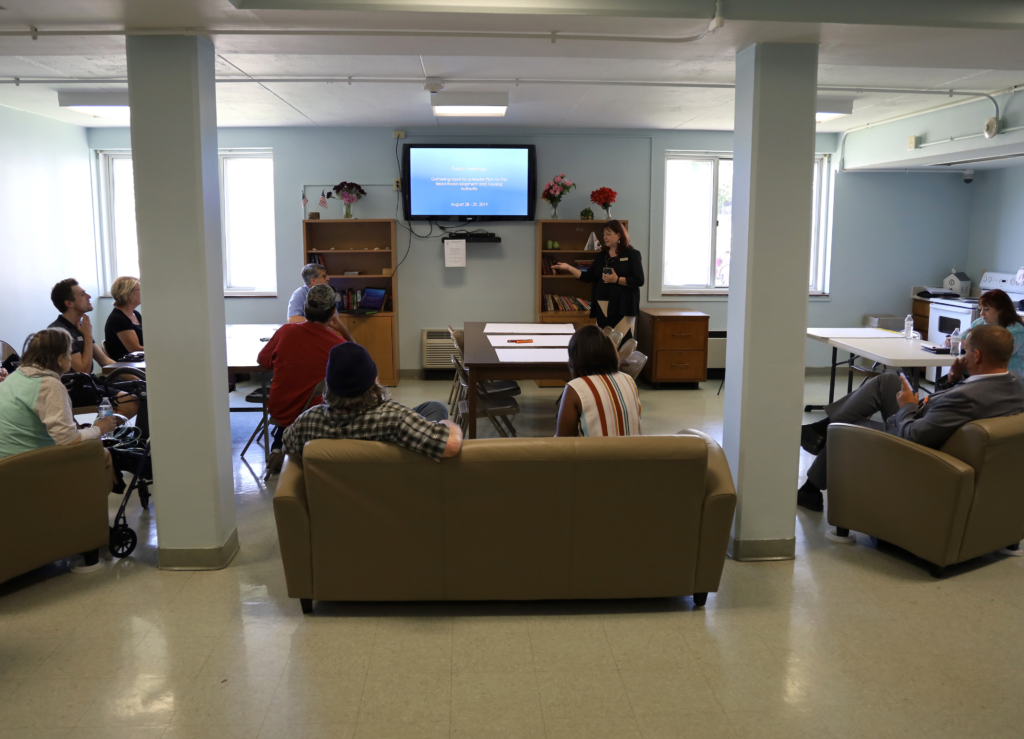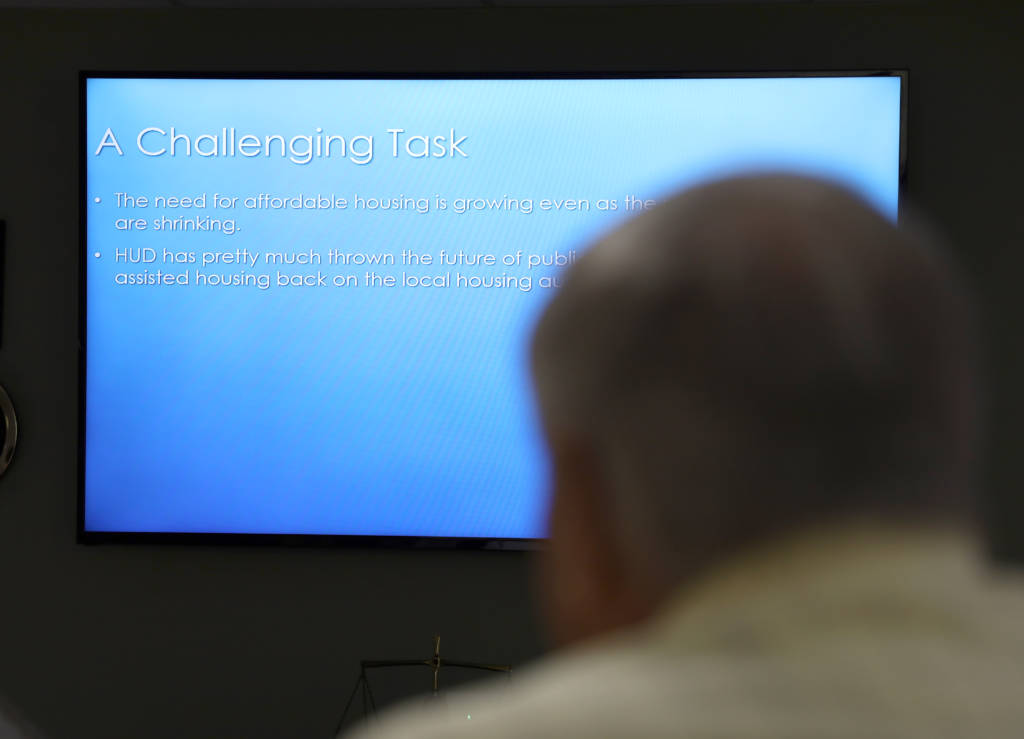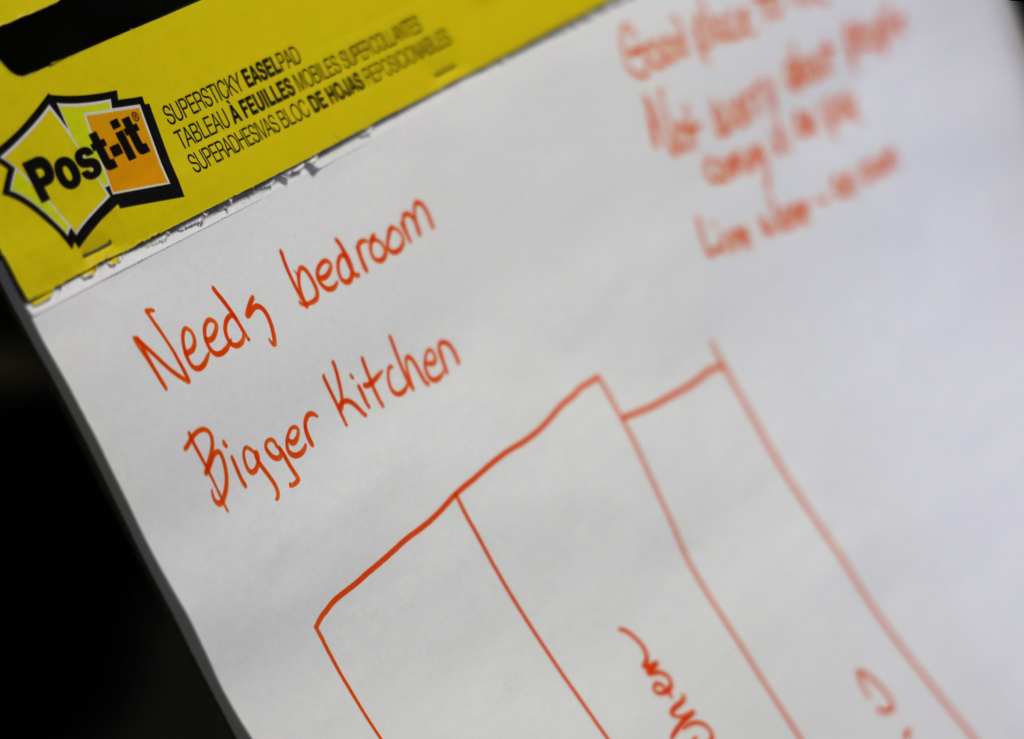The Bristol Redevelopment and Housing Authority is working on a long-term plan to improve its housing stock and make the operation more financially sustainable. To that end, residents, public partners like city officials and others interested in the process, were invited to participate in one of three public input sessions.

“We’re working on a master plan, a strategic plan that would give us a roadmap into the future,” Executive Director, Lisa Porter said. “What will Bristol Housing Authority look like in 15 or 20 years down the road? How will we get there?” (Source of accompanying article – David McGhee, Bristol Herald Courier – August 27, 2019)
The authority is currently working with a consultant who is finalizing a market study. The public sessions are designed to gather feedback from those most affected. The plan is to finalize the master plan by the end of this year.

“At the end of the process, I want to have a document that guides us so we know what development we need to rehab first or demolish next so we can meet the needs of Bristol,” she said. “We need to meet the needs of an aging population; we have a high poverty rate. The thing that concerns me the most, as we make decisions about affordable housing, is we need to make sure we end up with a product that is affordable and sustainable.”

The authority was founded in 1938 and — as the second oldest housing authority in Virginia — has some older buildings. Rice Terrace and Johnson Court were both built in the 1940s and most other properties in the 1960s and 1970s. Its most recent projects were Sapling Grove Apartments in 2007 and The Village at Oakview, completed earlier this year.
The authority currently manages 410 subsidized units and has 303 housing choice voucher slots where people can rent in the private market. They have a 98% occupancy rate and “healthy” waiting lists, Porter said.
“The market study will tell us if we need more. It would not surprise me if we do need more,” she added.




Much of the authority’s funding comes from the federal Department of Housing and Urban Development, which wants to shift from a public housing-funded platform to a different funding platform because there is a large, nationwide capital funding backlog, Porter said.
That could mean less funding in the future, which would force the authority to seek other sources to fill any funding gaps.
“With Stant (Hall) and Jones (Manor), we want to look at the elderly population,” Porter said. “Do we need to look at doing some assisted living? What can we do that we can afford to do to keep the rents low enough to serve the most vulnerable? I feel like some of the options HUD is putting out there leaves out those who can least afford to pay — the elderly and the disabled. We don’t want to do that.”
David McGhee, Bristol Herald Courier, August 27, 2019

